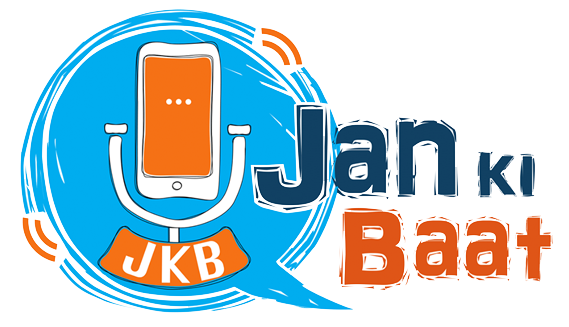Pradip Bhandari and Akriti Bhatia, the Founder and co-founder of Jan Ki Baat respectively, spoke to numerous people about demonetization, almost a month down the PMs announcement. A taxidriver pointed to the apparent problem the working class has encountered: work-hours being spent in front of banks instead of earning money. The misuse of ID cards of the poor by the rich has come across as a popular practice post-demonetization. The taxidriver spoke of another such concern when he cited his brothers experience as an example: the brother was forced to sign on his 14k salary form but was paid only half because salaries werent directly deposited in banks and didnt have proper documentations. This problem is more intense in informal sector. Another person at an ATM queue opined his views on the promotion of online wallets and digital payments, saying that for every day work, like paying bills and buying vegetables, paper money was essential. An opposite perspective commended Modis decision, seeing demonetization as a means to end the corrupt practices.
The PM in his Man Ki Baat programme on 28thNovember had spoken about few of these issues, condemning the exploitation of the poor by the rich. He had also hinted at the possibility of internalization of such exploitative practices by the poor, causing a bunch of problems for the Minimum Wage Acts goals. Claiming that digital payments would be conducive to the Acts goal, Modi encouraged digitalization. To the citizens, he said, demonetization acted as the first phase of their grand entrance into Digital India, a version of India full of opportunities.
Demonetization has met with praises and its critics. How it chooses to address these concerns remains to be seen.,
